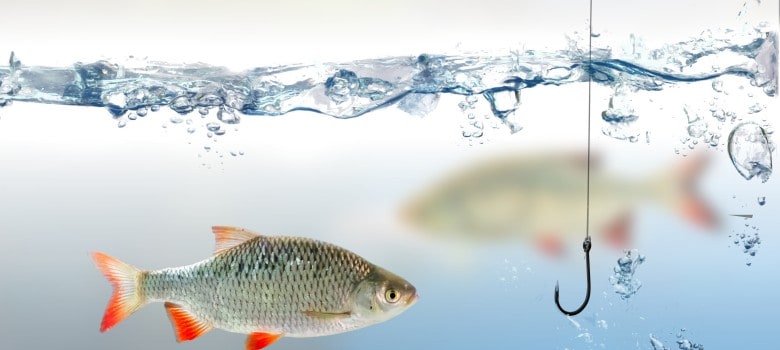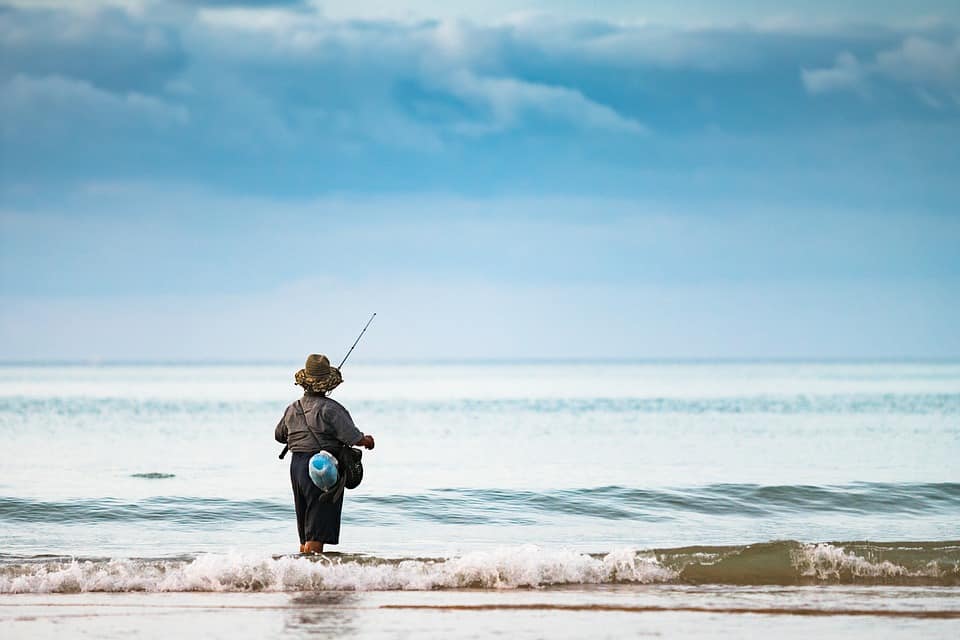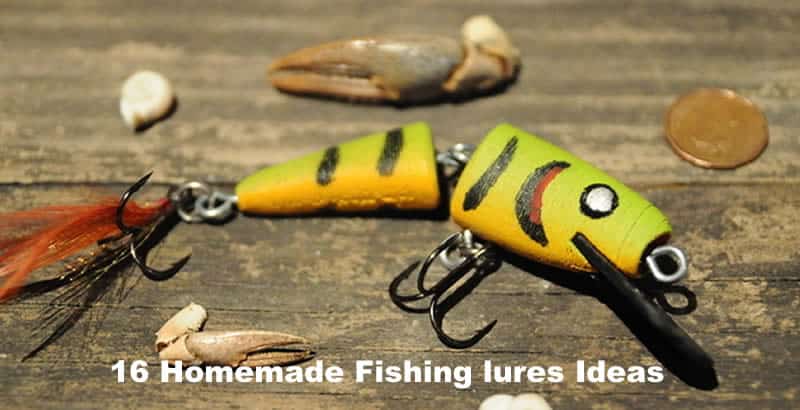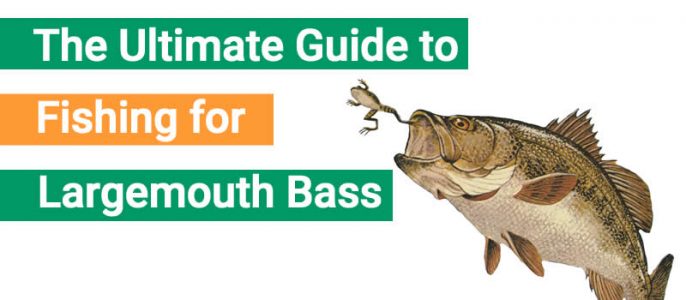If you buy via a link on this page, we may receive a commission, at no extra cost to you.Learn more
Be quiet, or you will scare the fish! This is a common phrase that many anglers have heard at least one time. As a result, you should keep noise to a minimum. But is there any truth behind this allegation?
Today we will answer one common question that keeps coming back to our mail: Does music scare fish away? Sadly, the answer to this question is not as simple as yes or no. For it depends on several things, such as
- Volume
- How close is the music to the surface
- Noise pollution inside the water
We took the time to test this theory on several lakes and rivers. Our discoveries are rather curious. So, make sure to stick with us to know more.

Does Sound Travel in Water?
Once the source of the sound is below the surface, the waves travel at a much faster rate than in the air. However, how further they travel depends on temperature and pressure. We won’t delve into technicalities.
We all have experienced this while swimming. In addition, you might also note that once your head is out of the water, you won’t be able to hear much if the sound source is below the surface.
The key takeaway is that sound waves travel inside the water once it penetrates the surface. But what happens if the source is outside the water?
Does Sound Penetrate the Surface?
Although sound travels faster inside the water, the waves find it difficult to penetrate the surface. As a result, you won’t be able to hear much.
Again, this is something we all have experienced when we hear muffled voices once we are inside the water. Naturally, the deeper we go, the less we will hear.
This means that, as long as you play music outside the water, which is what normal people do, it won’t be able to pass through the surface. In other words, playing music will have no effect on fish behavior.
Do Fish Hear Loud Noises?
Ok. We have established that sound waves find it difficult to penetrate the surface. But what happens if I play loud music? You will be surprised to know that it does not matter much.
We’ve tried different volume combinations with different music styles, and we’ve found that it makes no difference. Nevertheless, if you place the stereo close to the water, for example, facing right into the deck, it will affect nearby fish because the vibrations will easily penetrate the surface. But who hears music like that?
Dropping tools or loud steps will definitely scare fish. This is because of the same reason as before. The vibrations are closer to the surface. Consequently, they will penetrate the surface. The same goes for hitting the deck of your boat.
Can Fish Hear Human Voices?
While some anglers say that fish can hear human voices, there is no scientific proof that talking will scare fish. Besides, as we said before, sounds that originate outside the water find it difficult to get inside the water due to the difference in density between the two fluids. Again, this is something we have all experienced when we heard the muffled voices of our parents telling us to get out of the pool.
Another reason your voice is unlikely to scare fish is because of the natural sounds near the water body. For example, a waterfall or even the natural flow of the water will be louder inside the water than your voice.
So, in a nutshell, talking won’t affect your yield on your next fishing trip.
What About Trolling Engines?
Engines are a major source of noise pollution inside the water. According to recent studies, they do affect fish behavior. As a result, these noises are more likely to scare fish away. That’s why you should always turn off your engine before reaching the desired spot.
Furthermore, loud splashes have the same effect. That’s why we recommend paddling with care once you are in a productive section of the lake or river.
The level of disruption will increase depending on the number of boats inside the water, as well as the number of people swimming or paddling nearby.
The reason why these noises do affect more is that they originate in or below the surface. Consequently, they will travel farther and produce more disruption.
Fish and Noises: Do They Hear Them?
Although sound travels faster inside the water, the waves find it difficult to penetrate the surface as long as the source is outside. Therefore, talking, music, and any other noise won’t scare fish away, provided they originated outside and far away from the water’s surface.
Nevertheless, things change if the origin of the sound is close to or below the surface. In this scenario, the sound will scare fish away. Examples of this are trolling engines, loud paddling, dropping tools right into the deck, hitting the water surface with your paddle, etc.
So, in a nutshell, neither music nor talking will affect your fishing! But don’t disobey your grandpa! Remember that he is always right.




